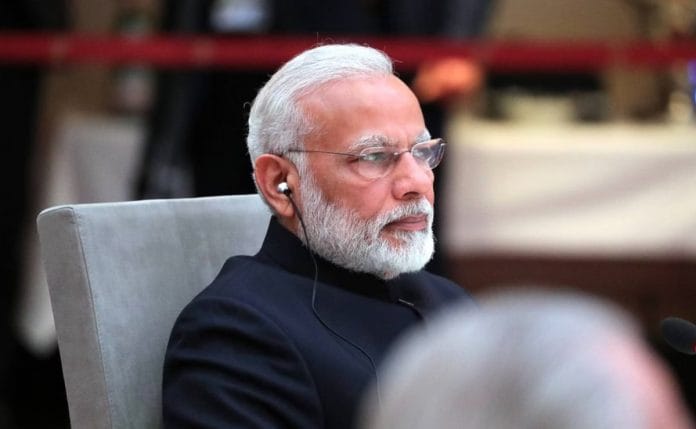
Thank you dear subscribers, we are overwhelmed with your response.
Your Turn is a unique section from ThePrint featuring points of view from its subscribers. If you are a subscriber, have a point of view, please send it to us. If not, do subscribe here: https://theprint.in/subscribe/
Health is indeed a subject of great importance to the country. It is correct that every government tries its best to streamline the system and get the best out of the money spent on health. The health budget being 2.1% of GDP, our spending on health is one of the lowest among ‘progressive’ countries. Allopathic or ‘modern’ medicine is known to be expensive and less ‘holistic’ than traditional or parallel medicine. It is natural that the government tries to make its expenditure on health go farther and, additionally, encourage the ancient wisdom of systems like Ayurveda. We now see many departments and hospitals with integrated medicine, wherein patients are treated with a combination of systems like Allopathy, Ayurveda, Homeopathy and Unani.Several short term courses are designed to enable practice of allopathy by Ayurveda trained doctors.Several surgical procedures are now licensed to be carried out by ayurvedic doctors albeit with anaesthetic help from allopathic anaesthetists.
But issues like pathophysiology (the causation of disease), scientific veracity, and objective measurement of outcomes have to be considered when policies like these ‘integrations’ are drawn up by administrators.
The basic thinking regarding causation of disease is very different among the various systems. The pitta, kapha, vaatha and slesha of Ayurveda have nothing in common with the causation theories of Allopathic medicine.Hence the methods of diagnosis and approach to treatment cannot find common ground. When an ayurvedic doctor looks at a patient with jaundice, for example, it is very different from the way an allopathic doctor approaches the same case. Allopaths look at the possibility of medical and surgical causes of jaundice. This concept is not considered in other systems. This is but one of several examples. These are particularly applicable to surgical diseases.
As early as 1853, Ruskin defined science as follows: “The work of science is to substitute facts for appearances and demonstrations for impressions”. Deciding whether a particular treatment works or not cannot be decided by ones’ experience with a few cases. These are called anecdotal experiences and have very little value in science. One should have a large body of carefully compiled data to prove or disprove the scientific veracity of a particular intervention or treatment. Particular attention should be paid to what are called ‘confounding’ factors. These are factors other than the intervention being studied that may have an influence on the outcome.Very few studies exist in Ayurveda or other ‘parallel’ systems to prove the effectiveness of their interventions. Pranayama has been shown to reduce the need for allopathic medicines in asthma. But most other interventions in parallel medicine have no such data backed proof. Many studies making a genuine attempt to look at interventions of parallel systems in various diseases have not shown effectiveness.
Policy makers must look at objective data of outcomes with tight controls on confounding factors before they approve a particular intervention as worthy of use in humans. Most of the time, interventions are approved and used based on faith rather than data.This can do a lot of harm.
The debate about the superiority of one system over the other is the wrong way to go. Policy makers must recognise that these systems are very different in their approach to diseases and their treatment. They should desist from mixing these systems – the term ‘MIXOPATHY’ is popularly used to describe this phenomenon. Each system has its place in managing health. People must be educated with data on outcomes of interventions in each of these systems for a given disease. They must be given the freedom to choose whichever system they prefer for treatment of their ailment.
There is little doubt that Mixopathy harms patients. Reports of delays in diagnosis, harm to liver and kidney function are commonly seen in medical literature. This goes against the very basic tenet of medical ethics – Primum non nocere – ‘Do no harm’. Policy makers must make sure that this does not happen.
These pieces are being published as they have been received – they have not been edited/fact-checked by ThePrint.


COMMENTS